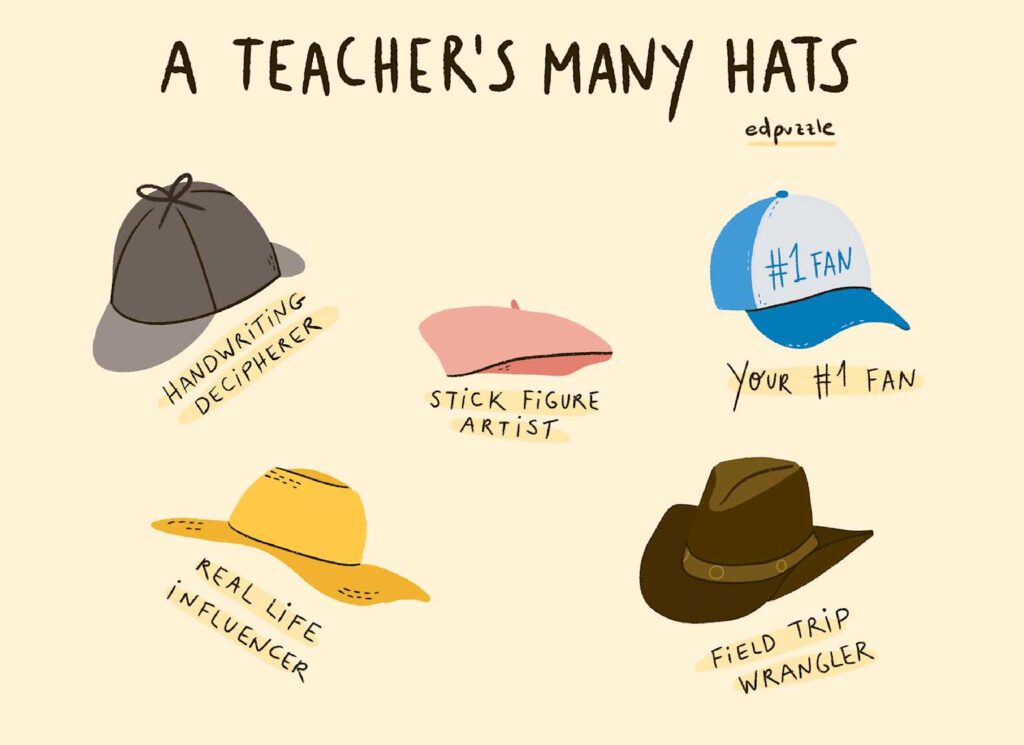
Watch educators, who are amazing chameleons, seamlessly change roles from Teacher to Social Worker to Referee to IT Expert, oftentimes within the same day. But a Researcher? That’s not necessarily a hat that most educators feel they know how to wear.
As a former elementary teacher, I did not see myself as a researcher. For me, that term conjured up images of people in lab coats peering through microscopes and attending to beakers full of mysterious boiling liquid – a far cry from my reality of peering through the newest curriculum and attending to runny noses. My daily activities revolved around cultivating a sense of pride and learning in my students. The only research-related tasks to cross my desk seemed to be related to stretching my budget or locating a new place for a field trip.

Now, having been out of the classroom for 7 years and taking time to reflect, I realize that the Researcher hat was there all along.
- How many times did I adjust my style or lesson based on my students’ needs?
- How often did I search for a better tool or different image to illustrate an important concept?
- How many team meetings were spent discussing student data and setting and evaluating goals?
- Although I never formally wrote out a Research Question, how many times did a wonder, “What would happen if I changed ___?”
I would venture a guess that although the thought of exploring the world of research may feel intimidating to some teachers, the truth is that it’s not a wholly unfamiliar place. Teachers often ask themselves and their peers questions and investigate issues to improve their practice. The MLRC Research Symposia offer educators the chance to formally acknowledge the Researcher hat that they already wear. With guidance and support from the School Network team and Action Research Coaches, participants’ journey into action research is likely to feel more like an affirmation of good teaching and natural practices than “one more thing that I have to learn how to do.”
At the Research Symposium, teams of educators choose to focus their research on Collaboration, Inclusive EAL, or Translanguaging. They spend two days together to discover how to support multilingual learners within the systems of their school, and the journey doesn’t stop there. Regular meetings with the School Network team and Action Research Coaches provide opportunities for feedback and encouragement, with the whole process documented in each team’s Capstone Report.
We look forward to welcoming new and returning educators to a Research Symposium in Panama (November 15-16), Beijing (December 6-7), Malaga (January 17-18), and Manila (January 24-25)! Grab your Research hats and join us!




